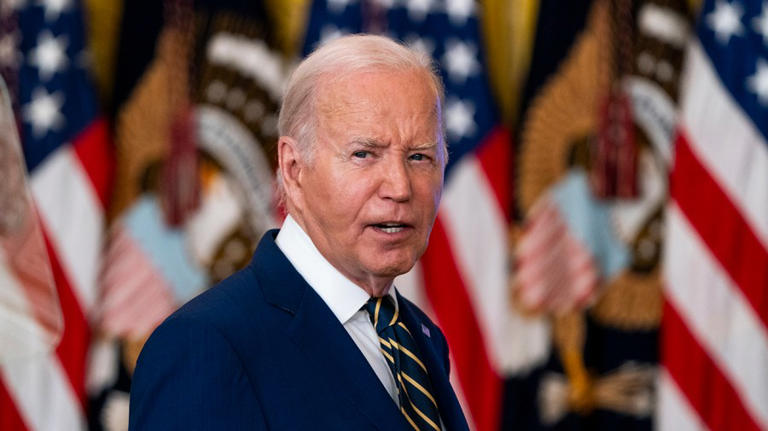The Biden administration’s recent announcement to expand immigration relief measures represents a pivotal moment in U.S. immigration policy, particularly focused on providing legal protections and pathways to work for certain undocumented immigrants married to U.S. citizens. This initiative coincides with the commemoration of the 12-year anniversary of the Deferred Action for Childhood Arrivals (DACA) program, signaling a continuation of efforts to address longstanding challenges in the immigration system.
At the heart of the new policy is the expansion of parole in place, a mechanism designed to allow eligible undocumented immigrants, such as those married to U.S. citizens or adoptive children of U.S. citizens, to apply for legal status without the need to depart the United States. This is a significant departure from previous practices that often required undocumented individuals to risk leaving the country for extended periods, facing uncertain outcomes and potential family separations.
For many immigrants, particularly those who have established deep roots in their communities over years of residence, the prospect of obtaining parole in place offers a lifeline. It not only provides them with temporary legal status and work authorization but also safeguards against the looming threat of deportation. This measure is especially crucial for mixed-status families, where some members are U.S. citizens while others lack legal documentation, thereby ensuring family unity and stability.
The eligibility criteria, stipulating a minimum 10-year residency in the United States as of the announcement date, reflects an acknowledgment of the enduring presence and contributions of undocumented immigrants within American society. Approved applicants will receive a three-year work permit, during which they can pursue permanent residency, providing a tangible pathway towards regularization of their immigration status.
Administration officials emphasize that the initiative aligns with broader goals of promoting economic integration and social cohesion. By enabling undocumented immigrants to work legally, the policy aims to harness their skills and contributions to the U.S. economy, fostering inclusive growth and addressing labor market demands in various sectors.
However, the initiative has not been without controversy. Critics, including conservative groups and proponents of stricter immigration controls, argue that such measures amount to amnesty and may incentivize unauthorized immigration. These concerns underscore ongoing divisions within U.S. politics over the appropriate balance between enforcement and humanitarian considerations in immigration policy.
Nevertheless, supporters of the policy view it as a necessary step towards reforming an outdated immigration system, rooted in principles of fairness, compassion, and pragmatism. By addressing the challenges faced by mixed-status families and providing a legal pathway for long-term undocumented residents, the Biden administration aims to lay the groundwork for more comprehensive immigration reform in the future.
As the implementation of these measures unfolds, their impact is expected to extend beyond legal and economic realms, influencing societal attitudes towards immigration and fostering a more inclusive national dialogue. The Biden administration’s commitment to these initiatives reflects its broader vision of building a more equitable and resilient society, where immigrants can fully contribute to and benefit from the opportunities offered by the United States.
